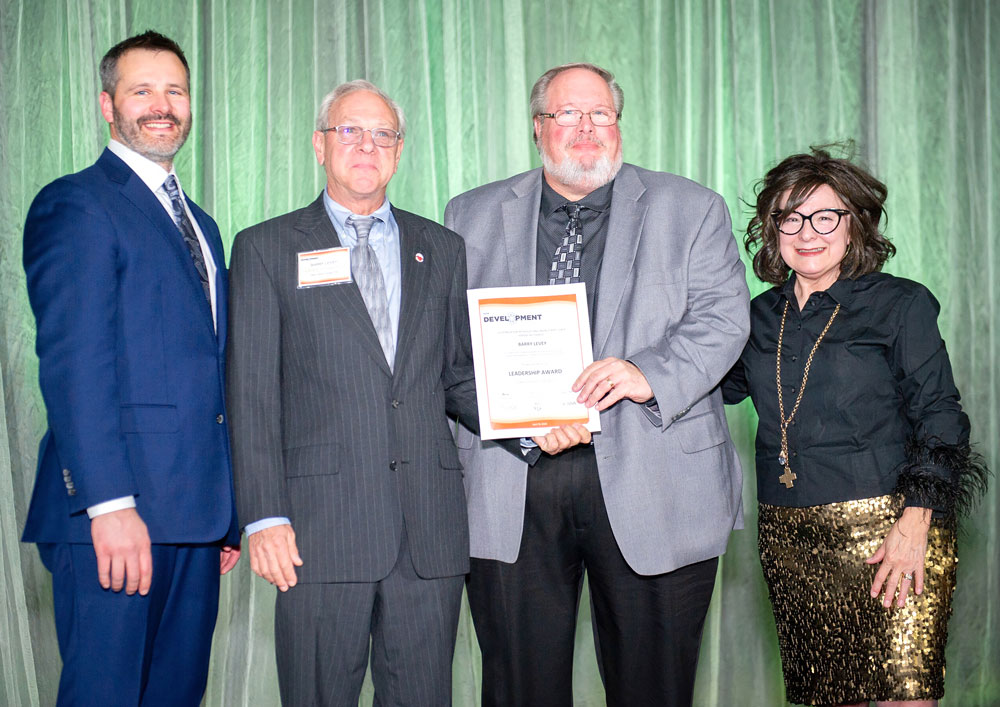The Weekly Word: The Provenance of Providence

By The Rev. Matthew Lucio, Charles City Seventh-Day Adventist Church
Mark Edwards, a professor at Spring Arbor University in Michigan, authored a CNN blog on July Fourth which honored American independence more than American history.
He wrote: If “one is asking whether the Founding Fathers relied on Protestant Christian principles in drafting the essential documents and in organizing the new governments, then the answer is a resounding ‘no.’ “… The political events of this period also support the conclusion that the founders intended to institute a secular-based form of governance.”
Edwards is part of the well-rehearsed chorus of scholars reminding Americans that we are not, in any official sense, a “Christian nation.” He’s spot-on in saying that the founders intended for our government to be “secular” in nature. But he, like others in this choir, only manage to correct history by butchering it.
Benjamin Kaplan was right to rue that “no longer do we hail Protestantism for giving birth to religious freedom; instead we credit secular virtues” and say that religious “toleration triumphed in the eighteenth century because reason triumphed over faith.”
Eric Nelson concurs in the opening line of his “Hebrew Republic”: “It has become commonplace to attribute the rise of modern political thought in the West to a process of secularization.”
The story goes that increasingly secular enlightenment thinkers rescued Western civilization from the backwater political theology of the Middle Ages, the paltry crop of which was bubonic plague, illiteracy and unceasing wars. Thus saved, we now enjoy a feast of constant medication, declining literary reading and unceasing wars.
This secular story casts religion as this disturbingly resilient zombie that, should we for a moment cease trying to murder it in cold blood, might drag us all down into its medieval grave.
Granted political power again, religion (often the inoffensive code word for Christianity) would hunt down scientists and artists and Democrats, just like it (mostly never) did before.
In order to safeguard Western civilization, we need to stick close to those 17th century political philosophers, like John Locke and Hugo Grotius, who presented us with the foundation for the modern secular state.
Hey! I am glad you (actually me) mentioned Locke and Grotius, because one of Eric Nelson’s many excellent points is that in the work of those essential 17th century guys “there is hardly a page … that does not contain several Biblical citations” (in contrast with medieval political theorists).
Locke made the quintessential case for religious toleration when he said: “The church (of the Middle Ages) had no right to avail itself of force or compulsion, because no such power was granted to it by its founder.” This is a biblical argument for toleration. The reality is that the principle of religious toleration is rooted in the Protestant Reformation. The dissenting Baptist leader John Smyth wrote
in 1612 that “the magistrate is not by virtue of his office to meddle with religion.”
Martin Luther’s contemporary and finalist for best name ever, Balthasar Hubmaier, wrote in 1522 that “a law to burn heretics is an invention of the devil.”
Did all of the Reformers live consistently with that principle? Heavens, no. The Southern Baptist Convention’s Religious Liberty Commission was right when it said: “Luther and Calvin’s greatest contributions to religious liberty were in principle, not practice.”
But two things are clear: First, the principle of religious liberty was established in the Reformation; second, this principle was justified by a Protestant reading of the Bible (which is now shared by other Christians as well).
What about individual rights? Nicholas P. Miller, who trained under the eminent American historian Mark Noll, wrote: “The individual’s rights against the state…derived from the duties that he or she owed to God. This is essentially the political expression of the Protestant model of the priesthood of all believers.”
What, in the words of the Declaration of Independence, makes our rights “inalienable”? The fact that they are “endowed by [our] Creator.” To violate a woman’s right is to violate God’s law.
Luther’s idea of the “priesthood of all believers” basically stated that all Christians have equal and direct access to God.
This idea was revolutionary in the religious sphere, and it eventually led to a follow-up question: If we are all equal spiritually, why aren’t we all equal politically?
Mark Edwards’ choir is right to push back against the idea that America was designed to be an officially Christian nation. Many Christians throughout America’s history have marshaled themselves to stiffly challenge any separation between church and state.
But their carefully curated history doesn’t need to be met by carefully curating our own preferred history. Few seem to grasp the truth in the middle: The Protestant Christian principles of the Founding Fathers led them to intentionally construct a secular state.
Religious tolerance, individual rights, and political equality — foundational principles of our society — aren’t the gifts of a bitter atheism but the fruits of a progressive and consistent Protestantism. While Americans from across the religious spectrum have come to champion these principles, it’s important that we appreciate where they came from.
I’m told that the cuckoo bird lays its eggs in other nests, hoping the new parents won’t notice an extra child. What I didn’t realize was that the newly hatched cuckoo will actually push the other eggs out of the nest until he alone remains.









Social Share